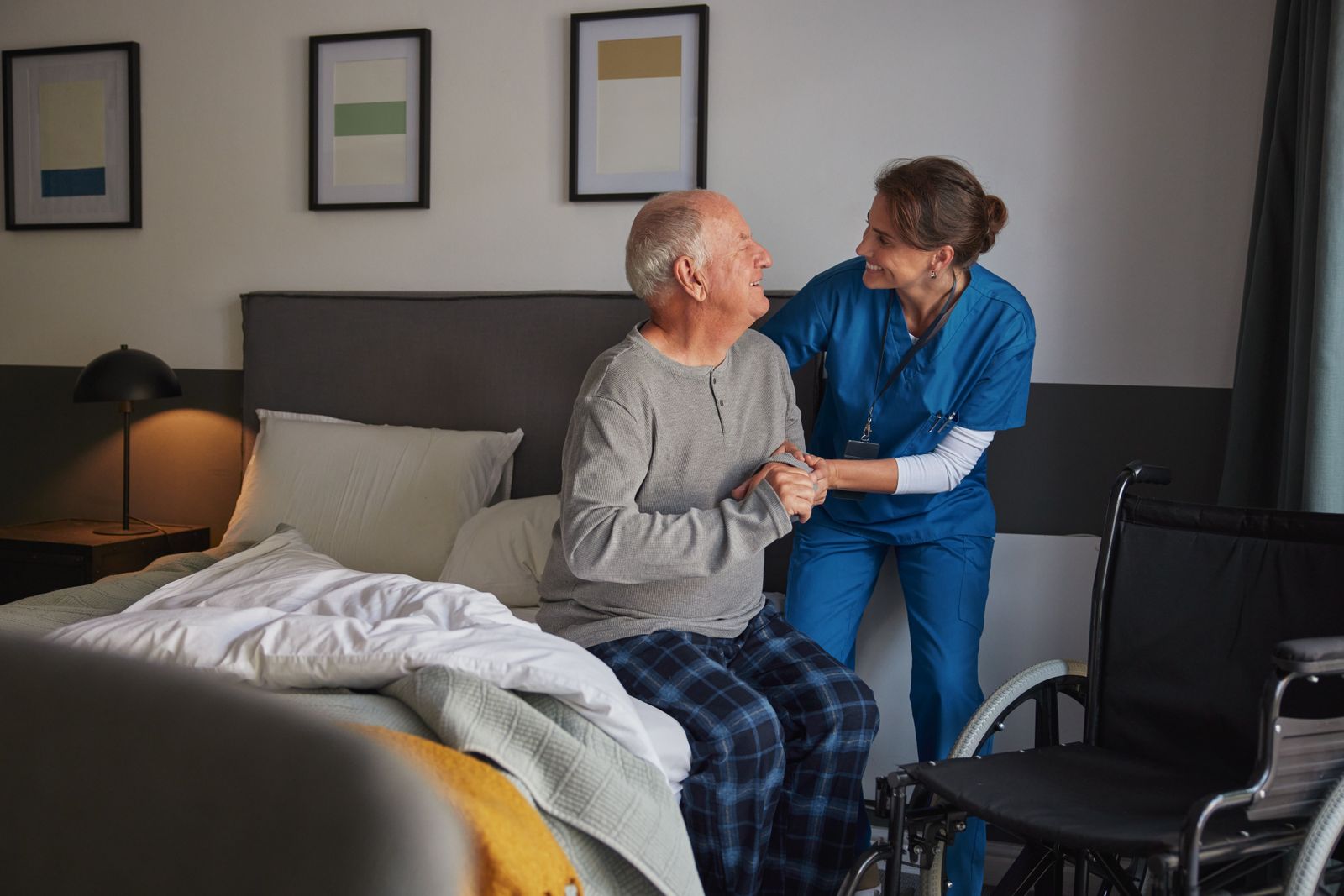For years, home care providers in long-term care have been presented with a dilemma: how to stand out for excellence in care without any official quality ratings to back up their claims.
Now they can. As CareScout seeks to make “quality” really mean something in long-term care, the CareScout Quality Network (CQN) is stepping in to fill this long-overlooked gap in the home care world. CareScout invites long-term care providers seeking to join its network to participate in a well-vetted quality assessment and survey process that includes methods for measuring person-centered care.
CareScout designed this process for home care providers as well as home health, assisted living, nursing facility, hospice, and adult day care providers. It gathers tangible, objective data that results in quality ratings that are meaningful, believable, and verifiable.
Finally, home care providers can offer quantifiable proof of their person-centered care approach, helping them to stand out in a crowded market. They also now have a way to establish baseline measures from which to improve their care. Care seekers and their loved ones now have a way to evaluate providers and find person-centered home care options. Everyone wins.
The key to taking advantage of this development and stay in the lead? Participating in continued training and assessments in person-centered care.




